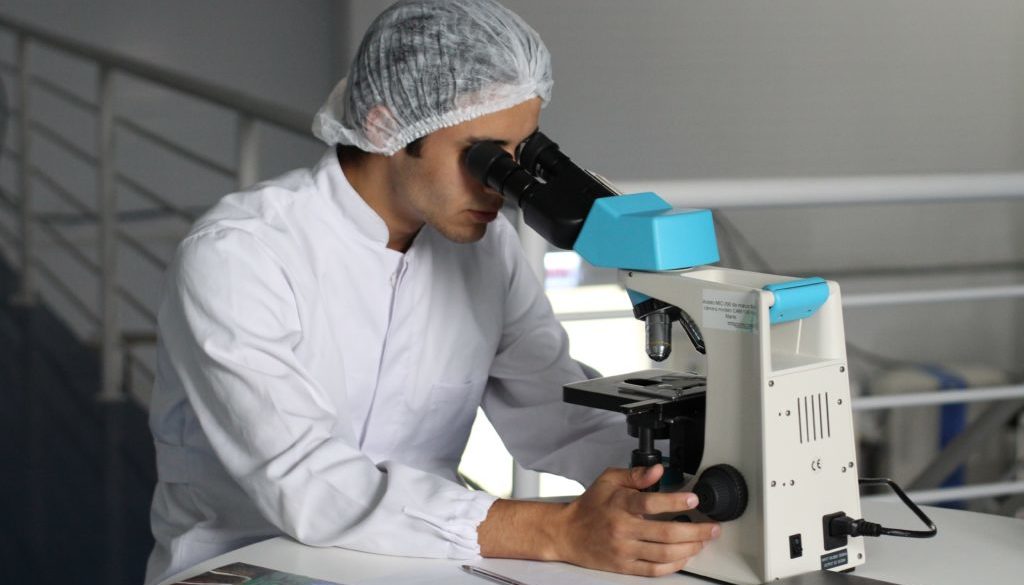The Costa Rican Medical Device Sector is Advancing Towards Research and Development
Table of Contents
The Costa Rican Medical device sector continues to climb the industry’s global value chain. The country’s university system now offers a Master’s Degree in Medical Device Engineering which will drive the nation’s move towards increased medical device research and development activities.
In recent years, the Costa Rican medical device sector has become the country’s main generator of exports. According to Costa Rica’s export promotion agency (PROCOMER), twenty-eight percent of the nation’s overseas sales of manufactured goods correspond to precision products and medical equipment. The production of medical devices in Costa Rica also represents the nation’s fastest-growing industry. From September 2017 to September 2018 the sector registered a growth rate of fourteen percent year over year.
Rapid growth in the industry
Since the turn of the century, medical device production in Costa Rica has grown at a steady pace. According to the country’s industrial development agency (CINDE), between 2000 and 2017 the number of medical device manufacturing firms installed in the country increased from 8 to 72. Additionally, during the same period, jobs in the Costa Rican medical manufacturing increased by a factor of 15, from 1,500 to 22,399. Over this period the medical device industry in Costa Rica grew in its sophistication by adding R&D capabilities to some of its facilities. These R&D units concentrated on processes at first and then moved towards the development of new products. Boston Scientific’s Costa Rican operation represents an example of this phenomenon.
The Costa Rican medical sector requires an educated workforce
Companies in the Costa Rican medical device industry are making the move towards Research and Development, primarily because the country is meeting the challenge of supplying companies with the human resources that are capable of carrying out these higher-level activities. This need for a better-trained workforce was the impetus behind the development and creation of a Master’s Degree level degree in Medical Device Engineering at the Technical Institute of Costa Rica (TEC). This academic program is unique in Latin America. The Master’s Degree course of studies provides professionals with the knowledge that workers in the Costa Rican medical device sector need to perform tasks that require multidisciplinary skills. In addition to academic work, the course of studies in the program also offers training programs that are done in coordination with local private companies.
It is expected that the country can continue to offer a skilled labor pool to companies in the Costa Rican medical device sector, because public and private entities, including industry, academia, and government are working in conjunction with one another to achieve this result. The more these parties work together the more the country will be able to move the Costa Rican medical device sector up the industry’s global value chain.
The kinds of companies that are involved in R&D in the Costa Rican medical device sector today are companies that:
- Design orthopedic devices;
- Design dental systems;
- Perform R&D activities pertaining to neuromodulation devices.
Individuals such as Dr. Jorge Cubero, who is the coordinator of the Master’s in the Engineering of Medical Devices at the Technical Institute of Costa Rica (TEC) believes that it is very important that the country is inserted into various areas of the industry’s R&D activities. Eventually, it is Costa Rica’s intention to position itself on an international level as a center for R&D. Those involved in the Costa Rican medical device sector are seeking to compete with developed countries for research and development activities but at a lower cost.





